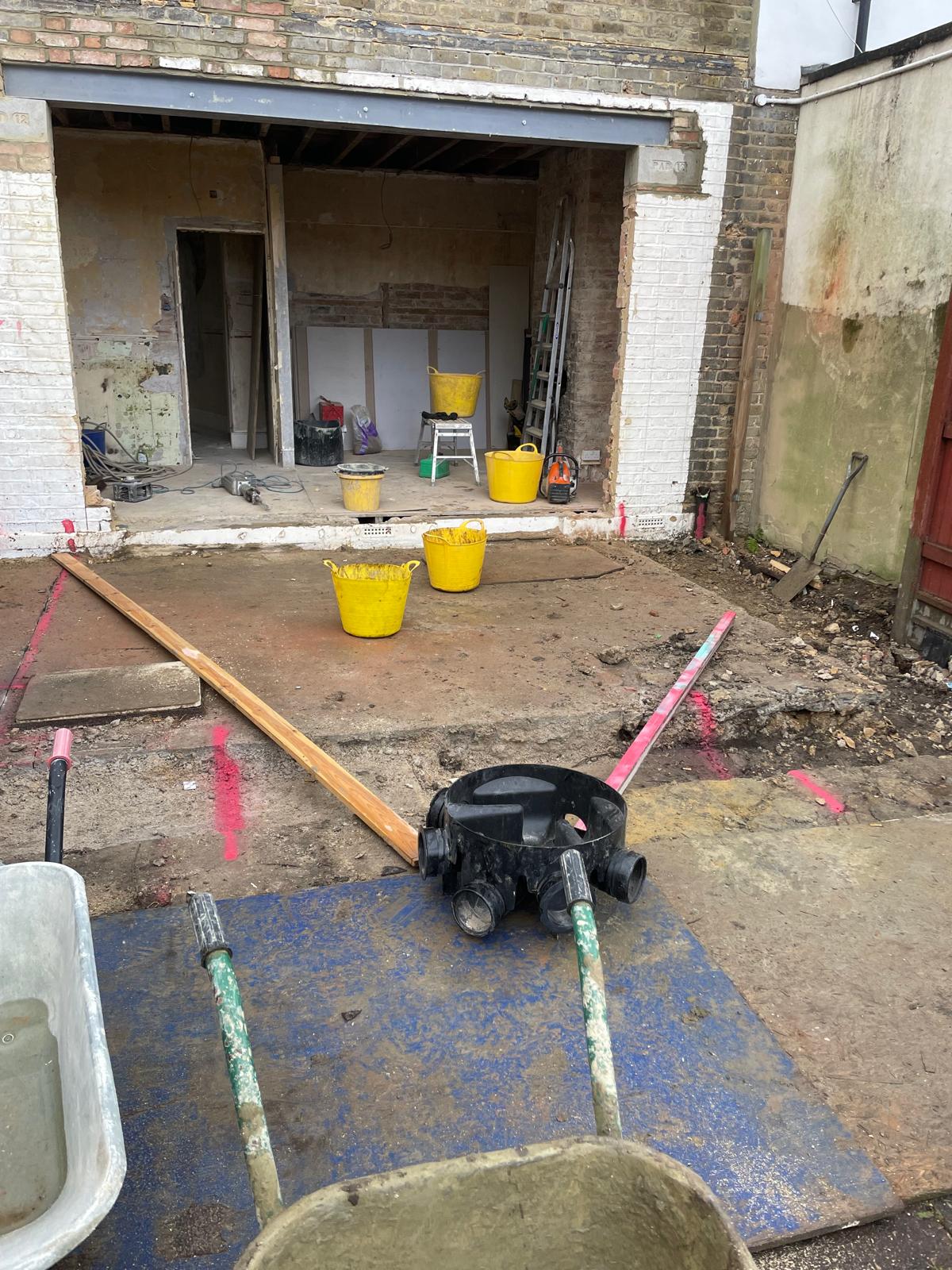So, Can You Build a House Extension Yourself
If you’re thinking about adding more space to your home, you might be wondering: can you build a house extension yourself? The short answer is yes—but with a number of important caveats. While self-building can save money and give you full control over the project, it comes with significant legal, structural, and logistical responsibilities.
In this blog, I’ll explain when a DIY house extension might be possible, what the risks are, and when it’s better to call in the professionals.
What’s Involved in Building a House Extension?
A house extension is more than just bricks and mortar. It involves:
- Designing the space and submitting plans
- Securing planning permission (if required)
- Carrying out groundwork and foundations
- Structural work including walls, roofing, and insulation
- Installing electrics, plumbing, and heating
- Completing finishes such as plastering, flooring, and decorating
Each of these steps must comply with UK building regulations and be approved by local authorities.
Can You Legally Build an Extension Yourself?
Yes, homeowners are legally allowed to build their own extensions, provided the work meets all required standards and passes inspection. However, unless you have the skills and qualifications to do each part of the job yourself, you’ll likely still need to hire qualified professionals for structural elements, electrics, gas, and plumbing.
If you’re planning a large project, it’s important to understand whether your build falls under permitted development rights or if you’ll need full planning permission.
Skills You’ll Need to Build an Extension Yourself
A successful DIY extension requires skills in:
- Structural building and bricklaying
- Roofing and insulation
- Joinery and glazing installation
- Project management and scheduling
- Understanding of health and safety regulations
Unless you’re already experienced in the construction trade, completing the whole project alone can be extremely challenging. For many homeowners, it makes sense to take on parts of the work—like decorating or flooring—while hiring experts for structural and safety-critical elements.
Pros of Building Your Own Extension
1. Potential Cost Savings
You could reduce labour costs by doing some or all of the work yourself.
2. Flexibility
You’ll have full control over the timeline and design decisions (though this can also lead to delays if not carefully managed).
3. Personal Satisfaction
Completing a large-scale home improvement yourself can be highly rewarding if done well and within the law.
Risks of DIY House Extensions
1. Failing to Meet Building Regulations
Non-compliance can lead to enforcement notices, costly remedial work, or legal action. Inspections by building control are mandatory at various stages of the project.
2. Structural or Safety Failures
Errors in foundation work, roofing, or electrical installations could pose serious risks to you and your family—and could void your insurance.
3. Time and Stress
What may seem like a three-month build could drag on much longer without professional help. Delays can affect your daily life and increase costs.
4. Decreased Property Value
Poor workmanship or lack of certification may put off future buyers. Mortgage lenders may also decline finance on a home with unverified or substandard extensions.
When to Bring in the Professionals
Even if you’re comfortable doing some of the build yourself, there are parts of the project where hiring professionals is essential:
- Foundations and structural work should always be assessed by a structural engineer.
- Electrical and gas work must be completed by certified professionals to meet regulations.
- Planning support can save you time and help avoid mistakes. We offer complete planning services to ensure you meet all legal requirements.
- Specialist trades such as roofing, plumbing, and glazing require proper skills and tools to get the job done correctly.
A Hybrid Approach
Many homeowners opt for a mixed strategy—managing the project themselves and doing minor works like painting or flooring, while leaving the major construction tasks to a builder. This way, you maintain control and reduce costs while ensuring the structural and legal requirements are met.
If you’re considering this, we recommend working with a team that’s happy to collaborate. Our extension services can be tailored to your needs, whether you want a full build or just help with the more technical aspects.
Post-Build Responsibilities
Once the build is complete, it’s your responsibility to:
- Ensure all necessary inspections have taken place
- Obtain sign-off certificates from building control
- Keep documents safe for resale or refinancing
Our aftercare support can help resolve any final issues and make sure everything is properly documented and signed off.
Contact us here if you’re considering a DIY extension and want expert advice or support on any part of the process.

